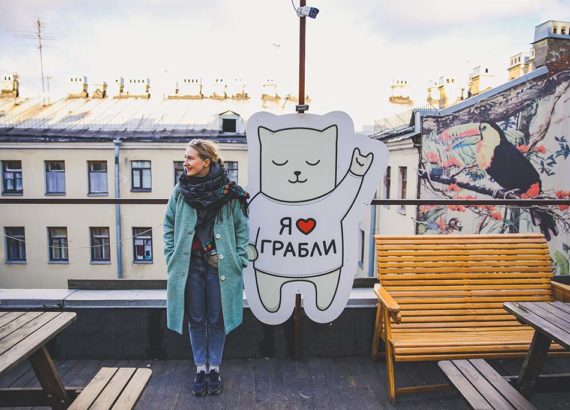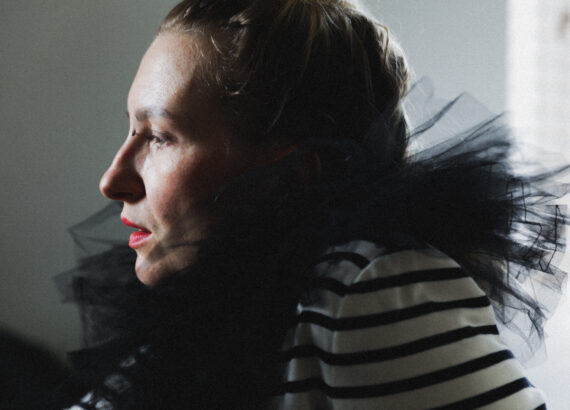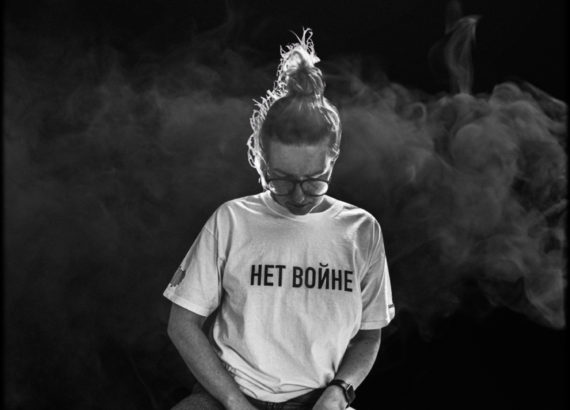PRESS

What it means to be PRESS to me. Well, I can tell you as somebody who came from nothing, but always wanted to be something, getting a press badge in Estonia back in the day (beginning of 2000s) held a significant meaning. In many ways, being a member of the press did indeed feel like being part of an elite group, as it involved a level of responsibility, professionalism, and access to information that others may not have. Even though, It was not supposed to be just about attending events or receiving perks, actually it was exactly all about that in my world. I personally wanted be able to access events, that I couldn’t afford to buy tickets for, most of them, to be part of something big and meaningful, have interesting relationships and to stop feeling like I am nobody. I wanted to renounce being an *alien and become an Estonian.
*The Estonian alien’s passport is issued to foreigners who have a valid Estonian right of residence and lack a travel document issued by a foreign country and they can’t obtain one. In other words, it is issued to foreigners who are stateless or of undefined citizenship. I was born in Soviet Tallinn in 1986 and my first passport was saying *alien until I went through naturalisation and got my Estonian passport. And, since I left Estonia in 2010, nothing really has changed for children born in families permanently settled in Estonia, but not holding Estonian citizenship. They are aliens. Whereas, in the UK, my child, born to one Estonian and one Latvian (settled) has British passport.
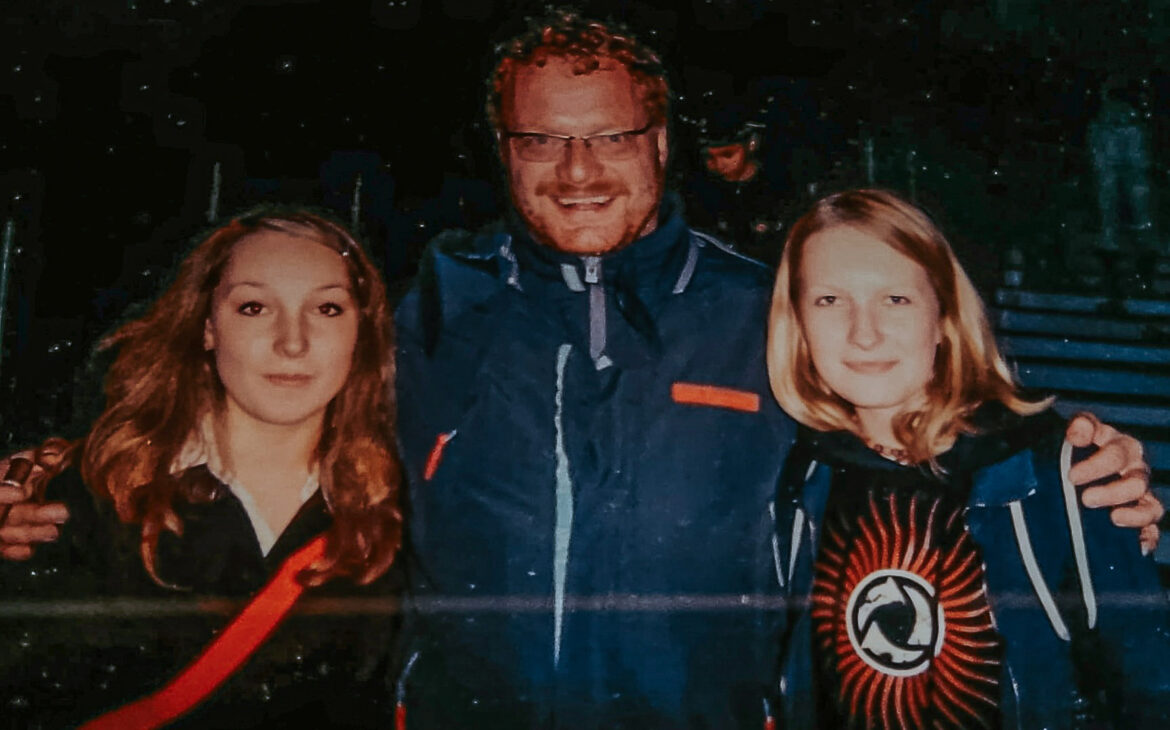
At the school age I dreamed about becoming a journalist-reporter-photographer, but let’s say, i faced challenges and discouragement by hearing I was not good enough to even go and study the industry. It’s unfortunate when the aspirations of individuals, especially young people, are not supported or understood by those around them. And, unfortunately, it is pretty classic in post Soviet families/communities.
Pursuing a career in journalism/reportering can indeed be demanding, but with passion, perseverance, and support, many people achieve their goals in the field. It’s important to remember that adults’ perspectives and opinions are not always definitive or reflective of your capabilities. Sometimes, their concerns may stem from a desire to protect you or from their own biases and limitations. However, it’s crucial to trust in your own abilities and aspirations, and to seek out support and guidance from sources that believe in your potential. And even if they don’t, fuck them. Just do it.
While the journey to becoming a journalist may have encountered setbacks, it was not necessarily the end of the road in my case. There are various paths that I took to entering the field of journalism, including through self-directed learning, internships, freelance work, or pursuing journalism as a hobby while engaging in other careers.
London is a city pulsating with opportunity and diversity, a place where dreams can take flight. For individuals with ambitious aspirations, whether in journalism, the arts, finance, or any field, London’s vibrant landscape offers a multitude of avenues to explore and doors to open.

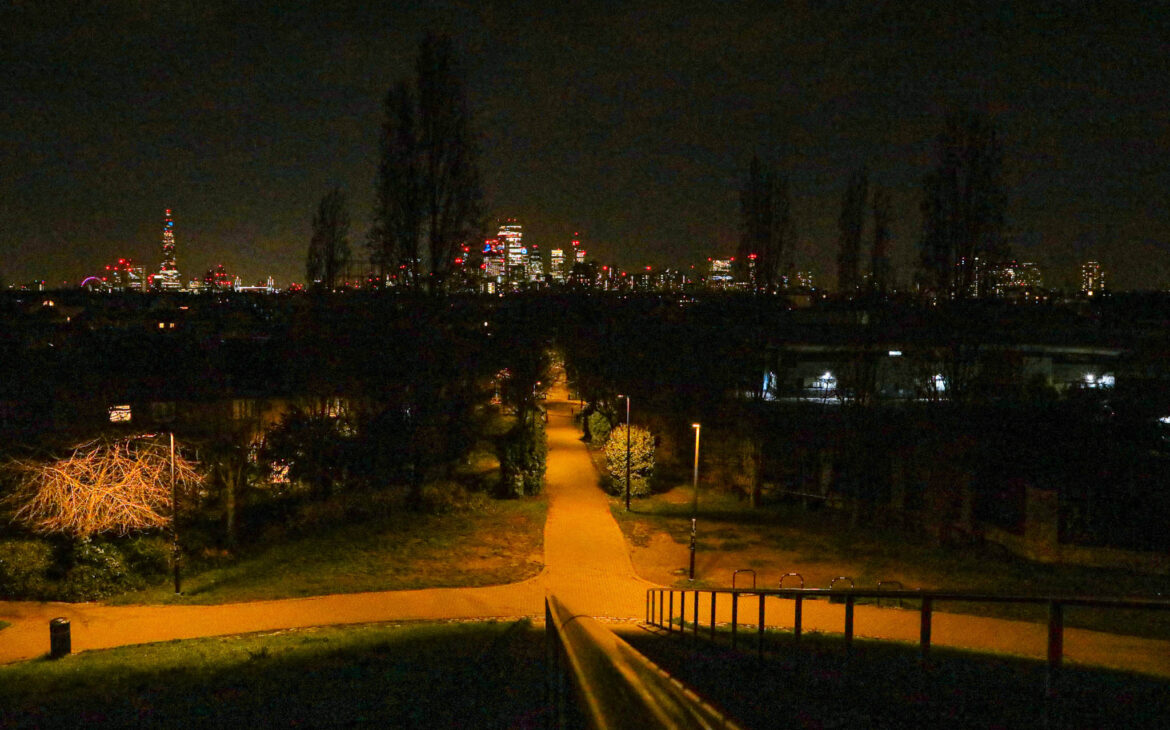
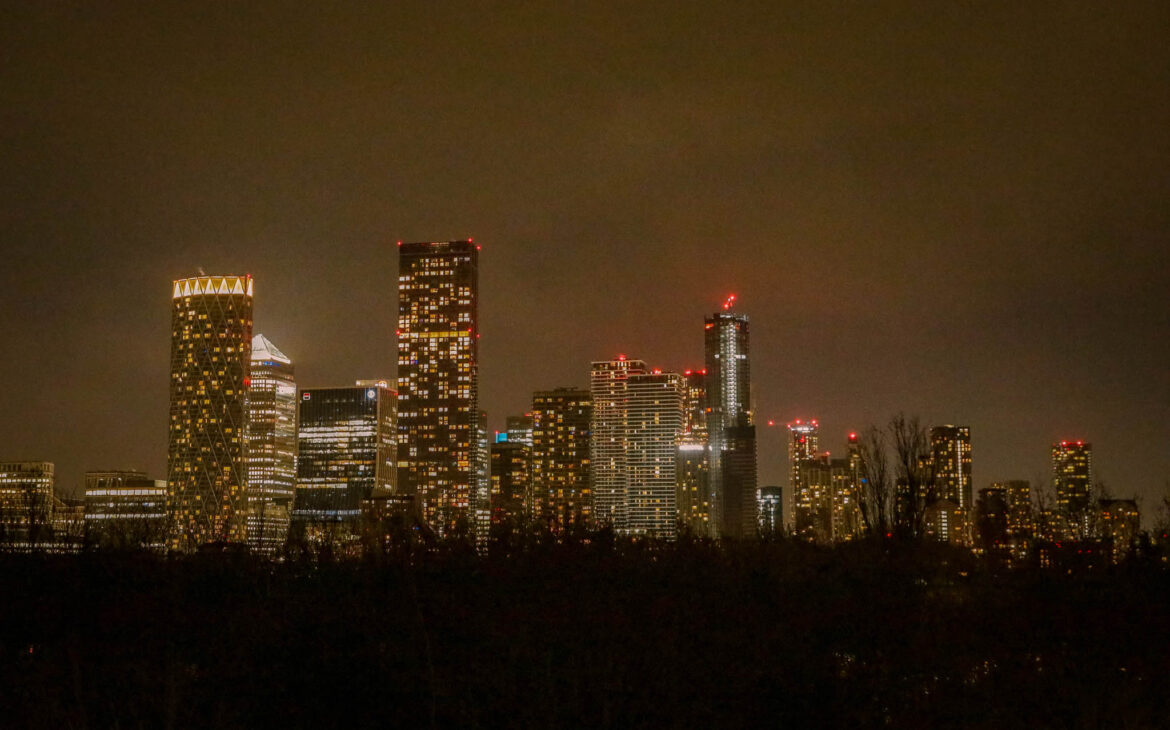
I got my first PRESS badge back in 2017 covering RFW. I think having my own website with the e-mail of a professional nature/domain and working for Bloomberg back then, helped me to get it. Next year I covered RFW festival again and in 2019 I was accredited for LFF. Then COVID came and we all were forced to take a break. This 2024 year I decided to try getting into PRESS again. My accreditation to cover BFI Flare London LGBTQIA+ Film Festival was approved. Emerging from the challenges of the pandemic, embracing motherhood, and making the bold decision to leave my day job demonstrated my courage and commitment to following my passions. Receiving an approval for my press badge after quite significant life changes felt like a powerful affirmation of my resilience and determination. Now, with the press badge in hand, I’ve reclaimed a sense of purpose and identity, feeling a renewed connection to my aspirations and the world of journalism – I thought.
BFI organisation and communication with press wasn’t great back in 2019, so I wanted to see if something has actually changed. It hasn’t.
Navigating the press world often reveals a stark contrast between expectation and reality. Despite anticipation for seamless access and opportunities, the reality proved disappointing. Delays in receiving press badges hindered timely scheduling of screenings, exacerbating the challenge of balancing commitments. Living outside London added another layer of complexity, with logistical considerations often overlooked by organisers. Unclear instructions compounded frustrations, necessitating repeated inquiries and disruptions. The exclusion of press from gala coverage underscored a disconnect in prioritising media access and support. Such discrepancies highlight the need for greater transparency and accommodation with the press landscape, ensuring equitable opportunities for all to engage and contribute.
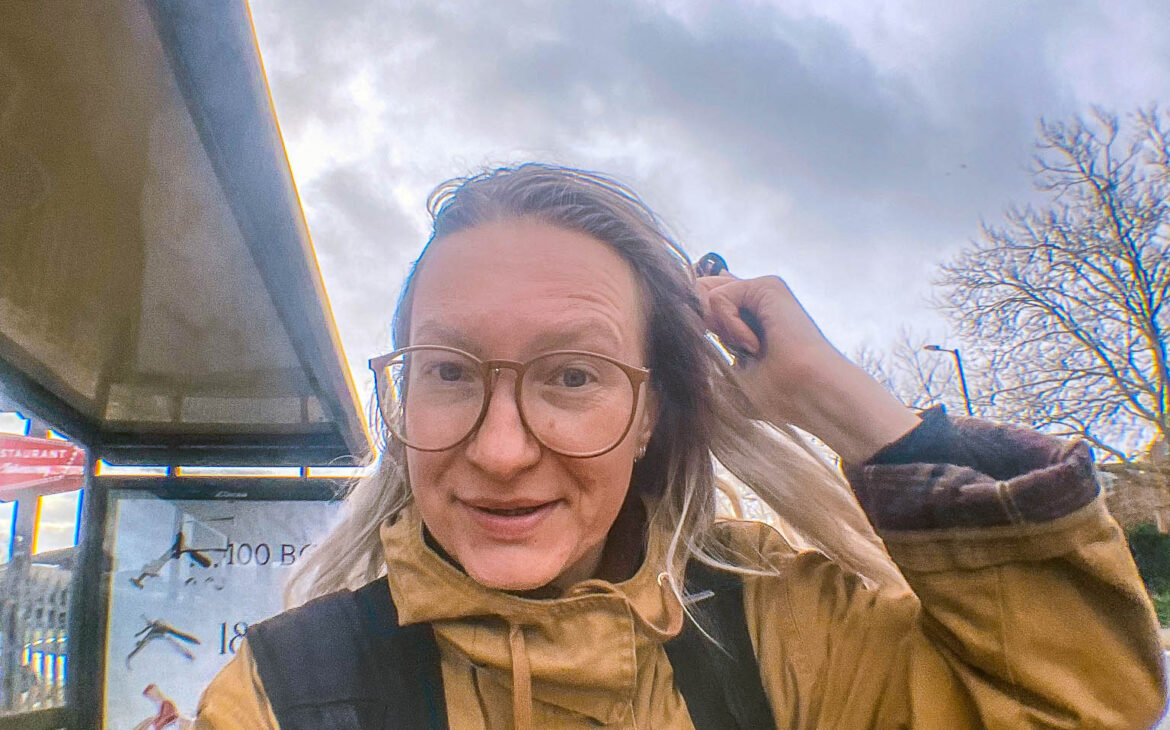
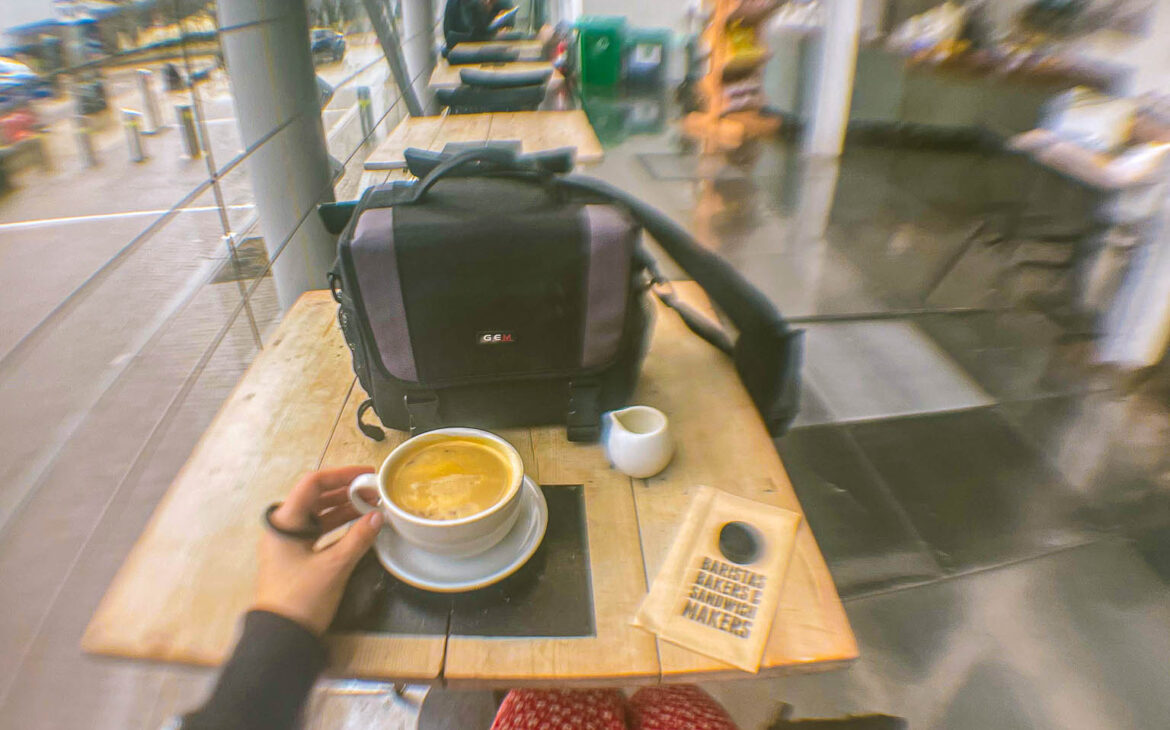
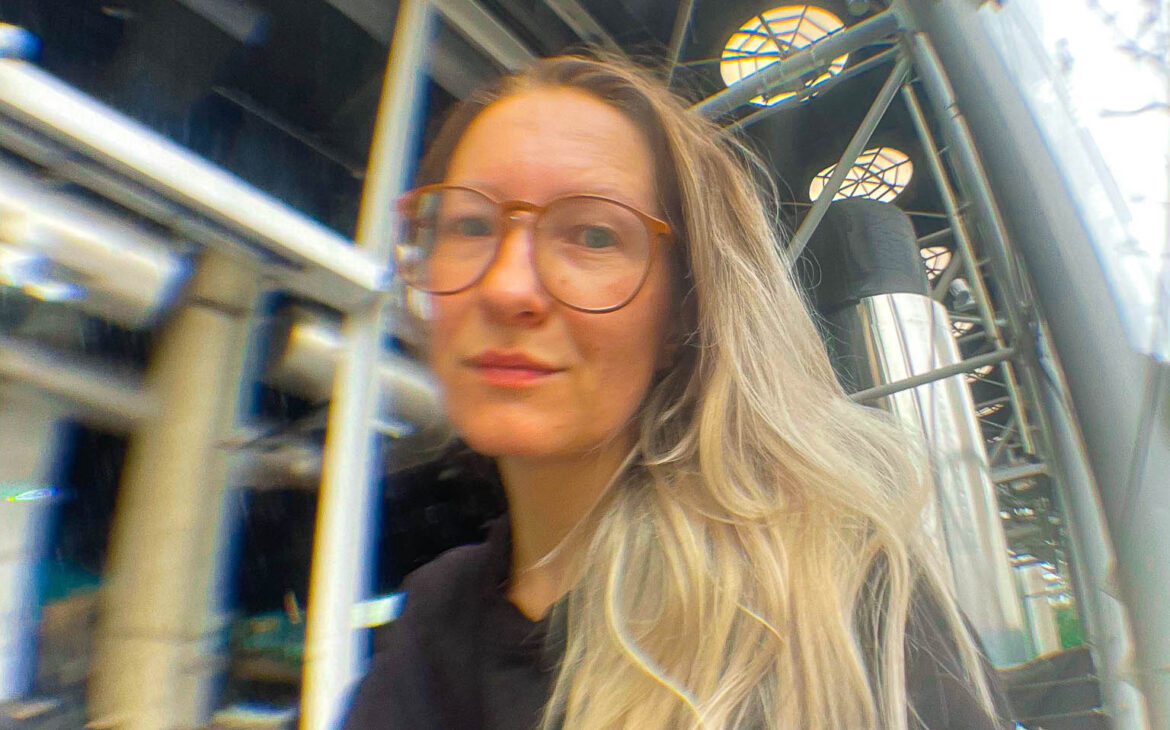
There were many films that I really wanted to watch and review during the festival, but these few I had particular interest in, based on synopsis : Don’t Ever Stop , Close To You , Crossing , Unicorns and Riley .
I only managed to watch one – Close To You written by Dominic Savage and Elliot Page and directed by Dominic Savage.
I came to London from Bristol by National Express the night before the screening. Had a lovely midnight walk and a chat with my friend RXD around Canada Water Gardens and next morning was on my way to South Bank. That morning I felt like nothing has changed in my life. I was racing against the clock to reach the iconic BFI for the screening of Close To You film. Each hurried step carried the excitement of anticipation, as if I’ve never left this vibrant city of London.
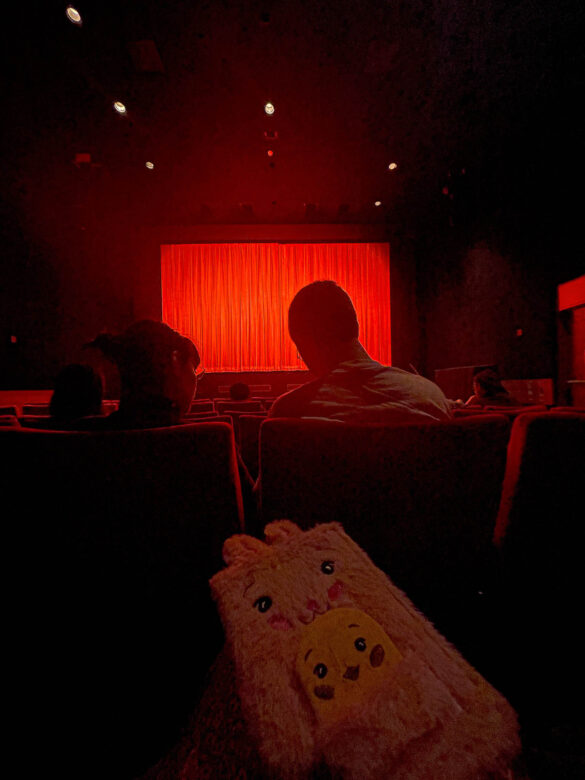
Despite my usual hassle, the starts aligned, and I arrived at the BFI with the time to spare. Upon my early arrival at the BFI, the film screening room wasn’t quite ready to receive eager cinephiles like myself. Seizing the opportunity, I decided to treat myself to a steaming cup of coffee accompanied by few slices of homemade banana bread that I baked myself and had on me.
As the time approached for the screening to begin, the doors to the vibrant red screening room swung open, beckoning us inside. With a quick glance around, I noticed there were only about 15 individuals from the press, which made me think that BFI could be inviting and collaborating more with small press outlets like mine. Such collaboration could foster a more dynamic and interconnected film community while amplifying voices and perspectives within industry. Small outlets often offer unique insights, niche expertise, and alternative viewpoints that may not be represented in mainstream media. Despite the apparent opportunity for small press within the BFI, there’s room for significant improvement in how the BFI engages and collaborates with these outlets. While the doors may seem open, the treatment small press receives often falls short of expectations. Limited press accreditation, restricted access to screenings and events, lack of support for travel and accommodation hinder the ability of small press outlets to effectively cover BFI activities. Enough of me moaning, let’s shift our focus to the film review.
CLOSE TO YOU
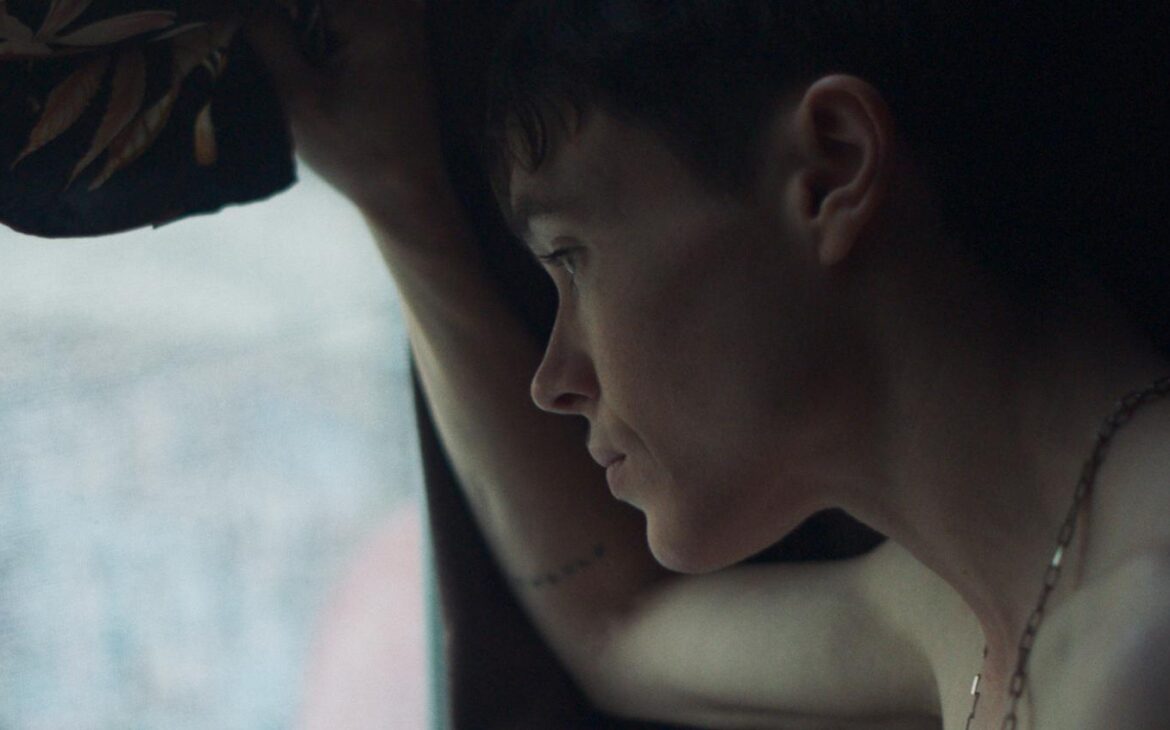
- Director-ScreenwriterDominic Savage
- WithElliot Page, Hillary Baack
- Canada-UK 2023. 100min
This film marks a poignant milestone in the journey of Elliot Page since his gender transition, and for many viewers, including myself, it proved to be an emotionally stirring experience. From the film’s outset, I found myself deeply moved, with tears welling up within the first few minutes.
The heart of the film, for me, lay in Sam’s (character played by Elliot) reunion with his parents and other family members and their subsequent reactions and behaviour. Despite Sam’s parents not saying exactly the right thing at all times, witnessing their support and efforts was profoundly touching, serving as a reminder of the paramount importance of parental acceptance and affirmation. As not always being understood child and now as a parent myself, the film struck a particular resonant chord. It underscored the profound desire to ensure that my own child feels unconditionally supported, especially in the face of life’s inevitable trials and tribulations. I am committed to fostering an environment where my child knows without question that I will always stand by their side, offering unwavering love and support through whatever journey life may bring.
A challenge arises for the parents as they grapple with ensuring equitable treatment for all children, particularly in light of one child’s gender transition. While their love for each child is unwavering, the parents are keenly aware of the need to avoid inadvertently signalling out their transitioning child “special” or different from their siblings. The delicate balance of celebrating and affirming their child’s gender identity while simultaneously fostering an environment of equality and inclusivity for all their children weights heavily on the parents’ hearts. They are acutely aware of the potential impact on their transitioning child’s sense of belonging and self-worth, as well as the perceptions and feelings of their other children.
Complicating matters further is the presence of one daughter’s boyfriend, whose overt homophobia and transphobia cast a dark shadow over the family gathering. All family members are confronted with the need to address this toxic behaviour as delicate as possible, but don’t seem to know how. And this was the most painful moment.
Dealing with someone who deserves a solid “fuck off” while maintaining composure and good manners can be a true exercise in self-restraint. It’s like balancing on a tightrope between asserting your boundaries and adhering to social decorum. Generally, I think, Sam managed it really well, but it was not enough. In situations where someone is being blatantly disrespectful or behaving like a twat, it’s not only about individual self-restraint but also about the collective responsibility of those present, especially family members, to intervene and defuse the situation, which, unfortunately, was not the case in the film.
The film concludes with Sam finding love with his old best friend (played by Hilary Baack) who he unexpectadly met on the train on his way to family home at the beginning of the film. Their journey to this moment has been filled with twists and turns, moments of hesitation and uncertainty. Sam, navigating the complexities of his own identity as a transgender man, has grappled with the fear of rejection and the longing for acceptance. And his best friend, struggling to come to terms with her own emotions, has hesitated to embrace the love that has been waiting for her all along.
But, as they stand face to face, after bumping into one another few time in their home town, the barriers between them begin to crumble, replaced by a sense of clarity and understanding. Sam’s vulnerability becomes his strength, his courage to live authentically paving the way for a deeper connection with his friend.
At the end of the film, I realised I was not the only one sobbing. The emotional impact of the film resonated deeply with everyone in the cinema room, creating a shared experience of empathy and connection. And it think it means a lot.


